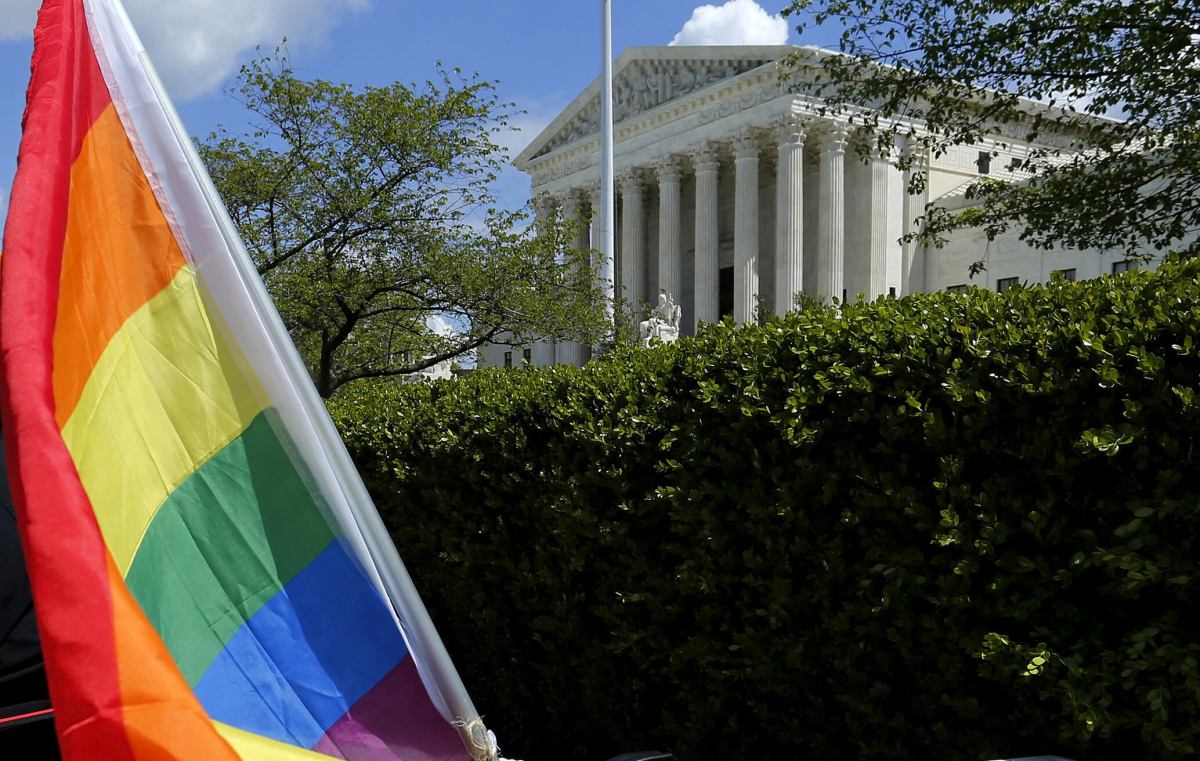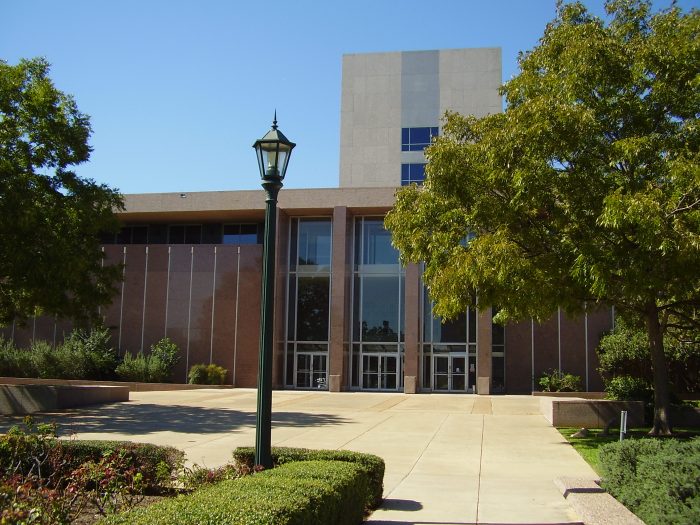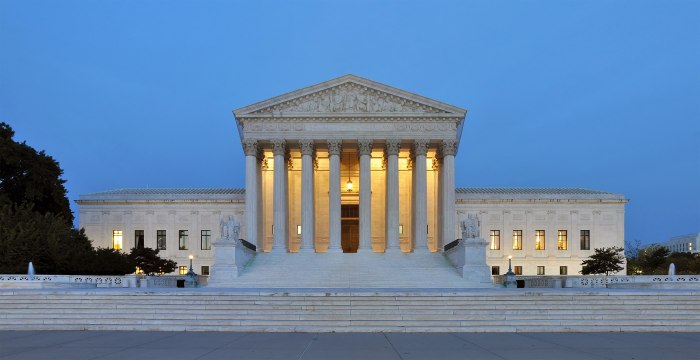In the hours following the Supreme Court’s 9-0 decision on June 17 in the case of Fulton v. Philadelphia, LGBTQ Catholic organizations and legal groups largely expressed a sigh of relief while emphasizing the importance of affirming LGBTG families in the future.
The court ruled that the City of Philadelphia violated Catholic Social Services’ constitutional right to free exercise of religion for not renewing the foster care agency’s contract to work with foster parents due to the group’s refusal to work with LGBTQ married couples Still, the ruling was viewed as a narrow one.
“We are relieved that the court did not recognize a license to discriminate based on religious beliefs,” Leslie Cooper, deputy director of the ACLU LGBTQ & HIV Project, said in a written statement. “Opponents of LGBTQ equality have been seeking to undo hard-won non-discrimination protections by asking the court to establish a constitutional right to opt out of such laws when discrimination is motivated by religious beliefs. This is the second time in four years that the court has declined to do so. This is good news for LGBTQ people and for everyone who depends on the protections of non-discrimination laws.”
Andy Marra, executive director of the Transgender Legal Defense & Educatuon Fund, said, “We are gutted to know that foster children will be denied loving homes in Philadelphia. Still, we are grateful that this ruling does not affect other publicly funded contractors and agencies. Across the country, governments can and must continue to enforce laws protecting LGBTQ people from discrimination. The next crucial step in protecting LGBTQ people is for Congress to listen to the overwhelming majority of voters who support non-discrimination protections for LGBTQ people and pass the Equality Act to update our civil rights laws to ensure explicit protections from discrimination based on gender identity and sexual orientation.”
GLBTQ Legal Advocates & Defenders (GLAD), which is a non-profit legal rights group, noted that the ruling “does not create a broad free exercise exemption from non-discrimination laws.”
“Our non-discrimination laws are in place to ensure equal protection and access for everyone, including in vital taxpayer-funded social services like foster care, homeless shelters and food pantries,” Mary L. Bonauto, GLAD Civil Rights Project director, said in a written statement. “Congress also has an opportunity to act on this shared value and the wishes of the overwhelming majority of Americans, by passing the Equality Act to ensure clear and explicit protections from discrimination for LGBTQ people in vital social services and every area of life.”
M. Currey Cook, counsel and Youth in Out-of-Home Care Project director at Lambda Legal, said, “Today’s ruling by the Supreme Court is troubling but, importantly, it refused to give a free pass to people or agencies that want to discriminate against LGBTQ people for religious reasons and is limited to the specifics of Philadelphia’s foster care system. Instead, the court validated the city’s ‘weighty’ interest in the equal treatment of LGBTQ prospective foster parents and foster children. The only reason those interests did not carry the day was due to the specifics of the city’s contract. Because the Court decided the case on contract-specific grounds, the city can address the situation by rewriting its contracts.”
Marianne Duddy-Burke, executive director of DignityUSA, an LGBTQ Catholic group, stressed that further work is needed to protect queer couples seeking to adopt.
“While we are disappointed in the specifics of today’s ruling, we are relieved that the court did not allow a broad exemption to nondiscrimination provisions in foster and adoption care,” Duddy-Burke said. “It remains deeply problematic that some religiously affiliated agencies continue to seek the ability to ban same-sex couples from opening their hearts and homes to children in need and undermine our hopes for expanding our families. The biases that lie at the heart of this case need to be eradicated.”
Francis DeBernardo, the executive director of New Ways Ministry, an LGBTQ Catholic group, described the decision as a “a crushing defeat for the Catholic values of equality, respect, and human dignity of all people, including LGBTQ people.”
“Children in great need for familial warmth and care will wait longer to be placed in loving homes,” DeBernardo said in a written statement. “And what will be the result? Why do Catholic leaders resist all empirical evidence that LGBTQ foster and adoptive parents are just as effective and loving as their heterosexual and cisgender counterparts? All these leaders have to do is open their eyes to the thousands upon thousands of successful families headed by LGBTQ people. Their willful blindness is a scandal.”



































